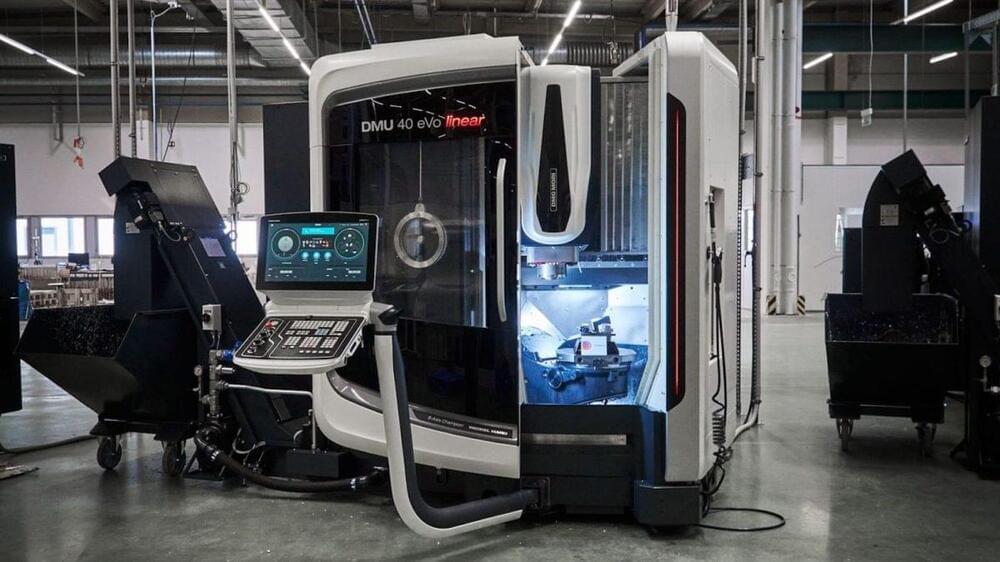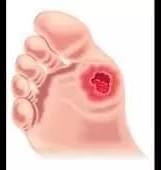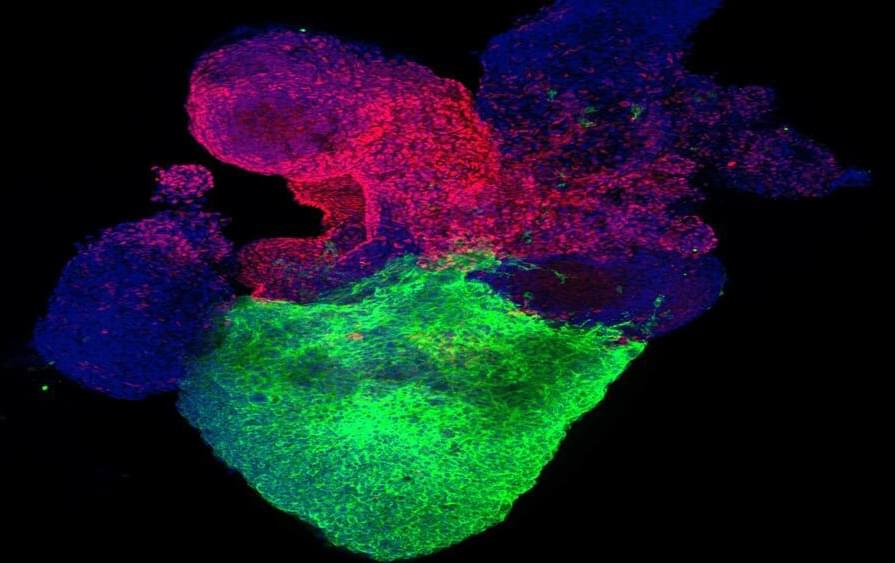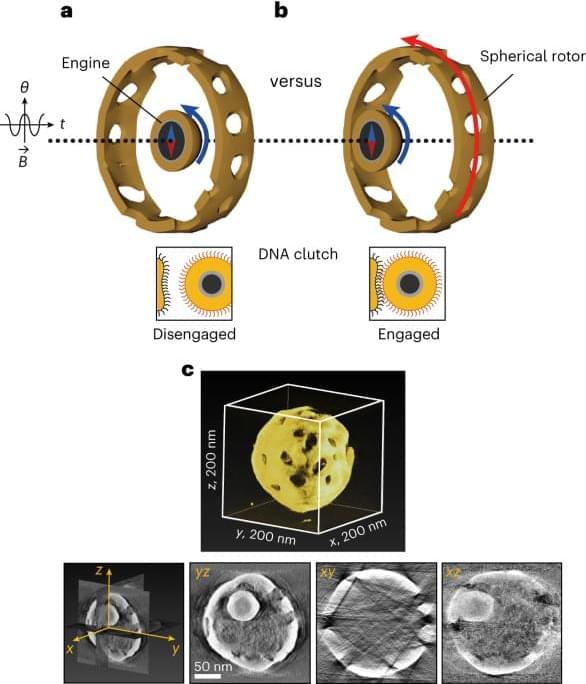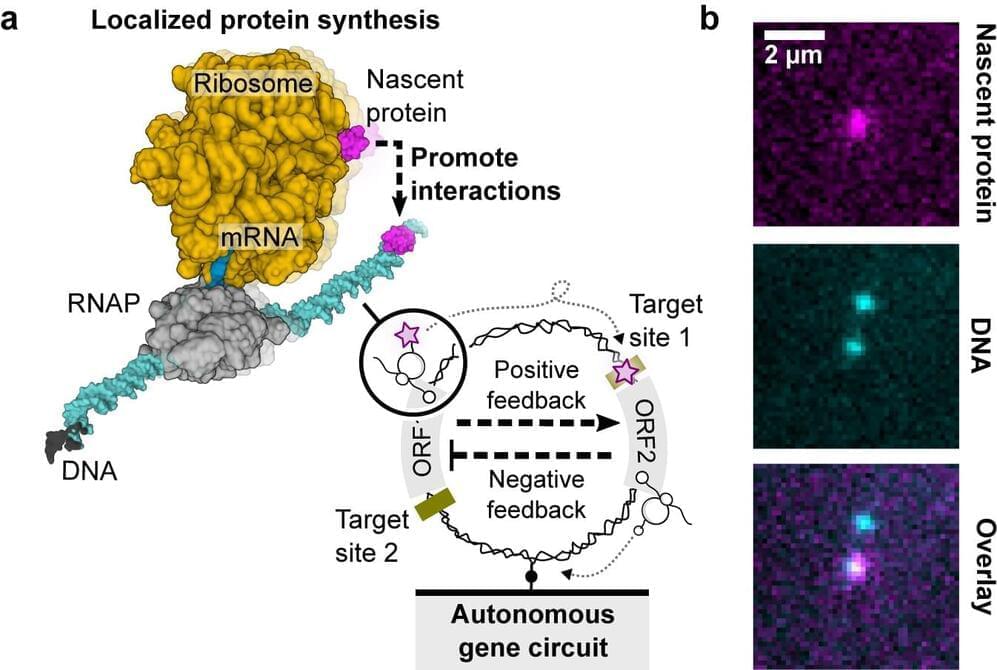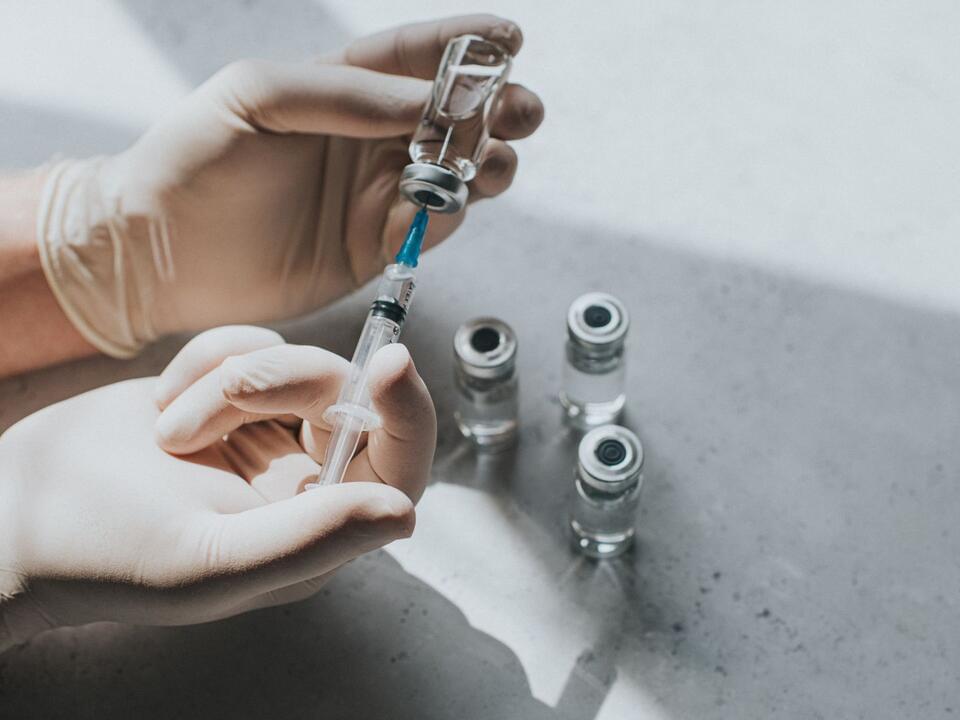Feb 9, 2024
Daedalus, which is building precision-manufacturing factories powered by AI, raises $21M
Posted by Genevieve Klien in categories: biotech/medical, robotics/AI
A fledgling startup founded by one of OpenAI’s first engineering hires is looking to “redefine manufacturing,” with AI-powered factories for creating bespoke precision parts.
Daedalus, as the company is called, is based in the southwestern German city of Karlsruhe, where its solo factory is currently housed. Here, Daedalus takes orders from industries such as medical devices, aerospace, defense, and semiconductors, each requiring unique components for their products. For example, a pharmaceutical company might require a customized metal casing for a valve used in the production of a particular medicine.
As it looks to ramp up operations with a view toward opening additional factories in its domestic market, Daedalus today announced it has raised $21 million in a Series A round of funding led by Nokia-funded NGP Capital, with participation from existing investors Khosla Ventures and Addition.
